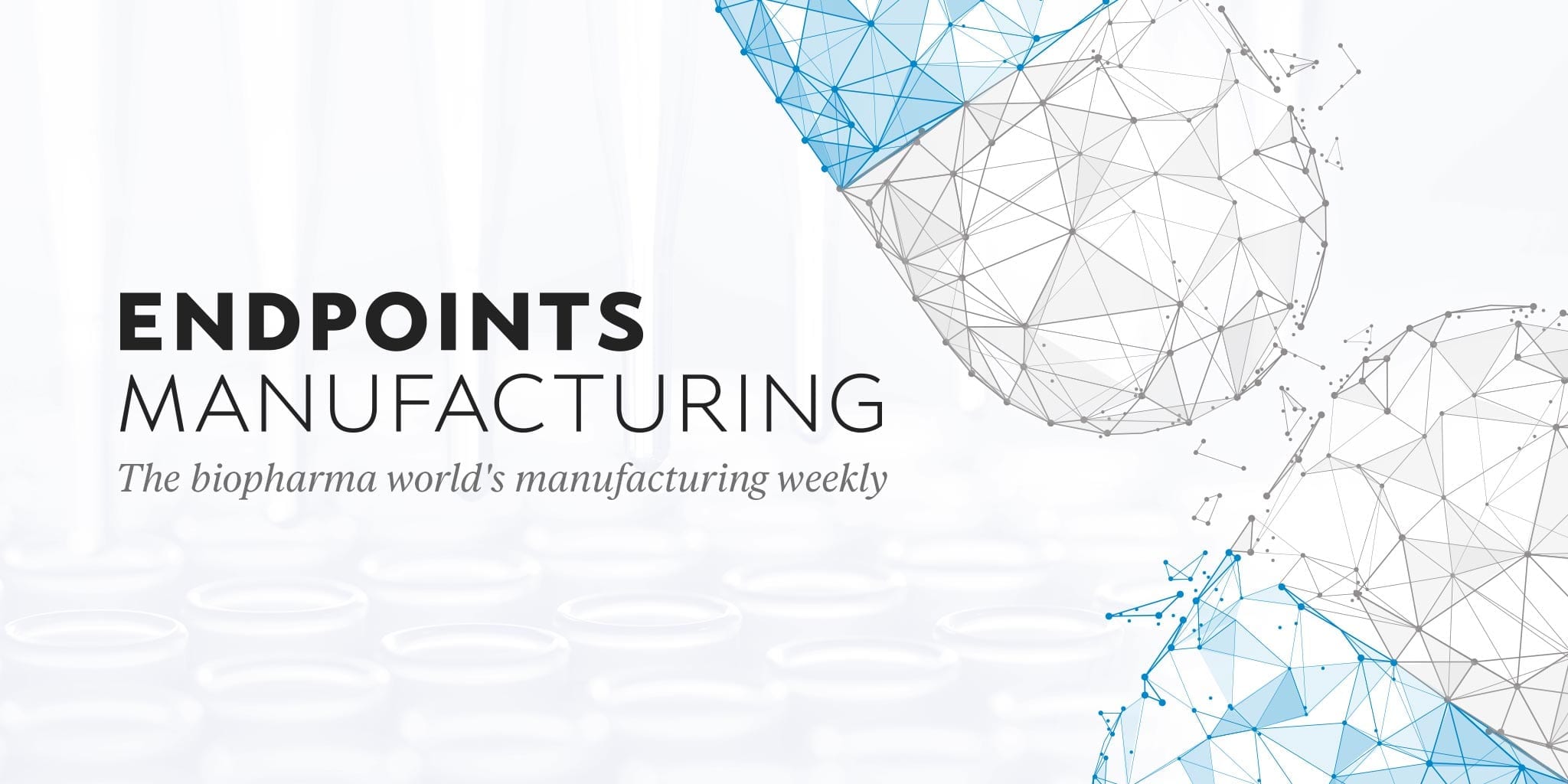
Manufacturing roundup: Catalent caps off manufacturing site in Belgium; EuroAPI restarts production in Hungary
Catalent is opening the doors to a new plasmid DNA manufacturing site at one of its core sites in Europe.
The new 12,000-square-foot plasmid manufacturing site is located in its cell therapy center in Gosselies, Belgium, and has multiple cleanrooms meant to produce cGMP-grade plasmid DNA for clinical and commercial purposes. The site will also see Catalent producing plasmids that are intended to be used by cell and gene companies.
Unlock this article instantly by becoming a free subscriber.
You’ll get access to free articles each month, plus you can customize what newsletters get delivered to your inbox each week, including breaking news.